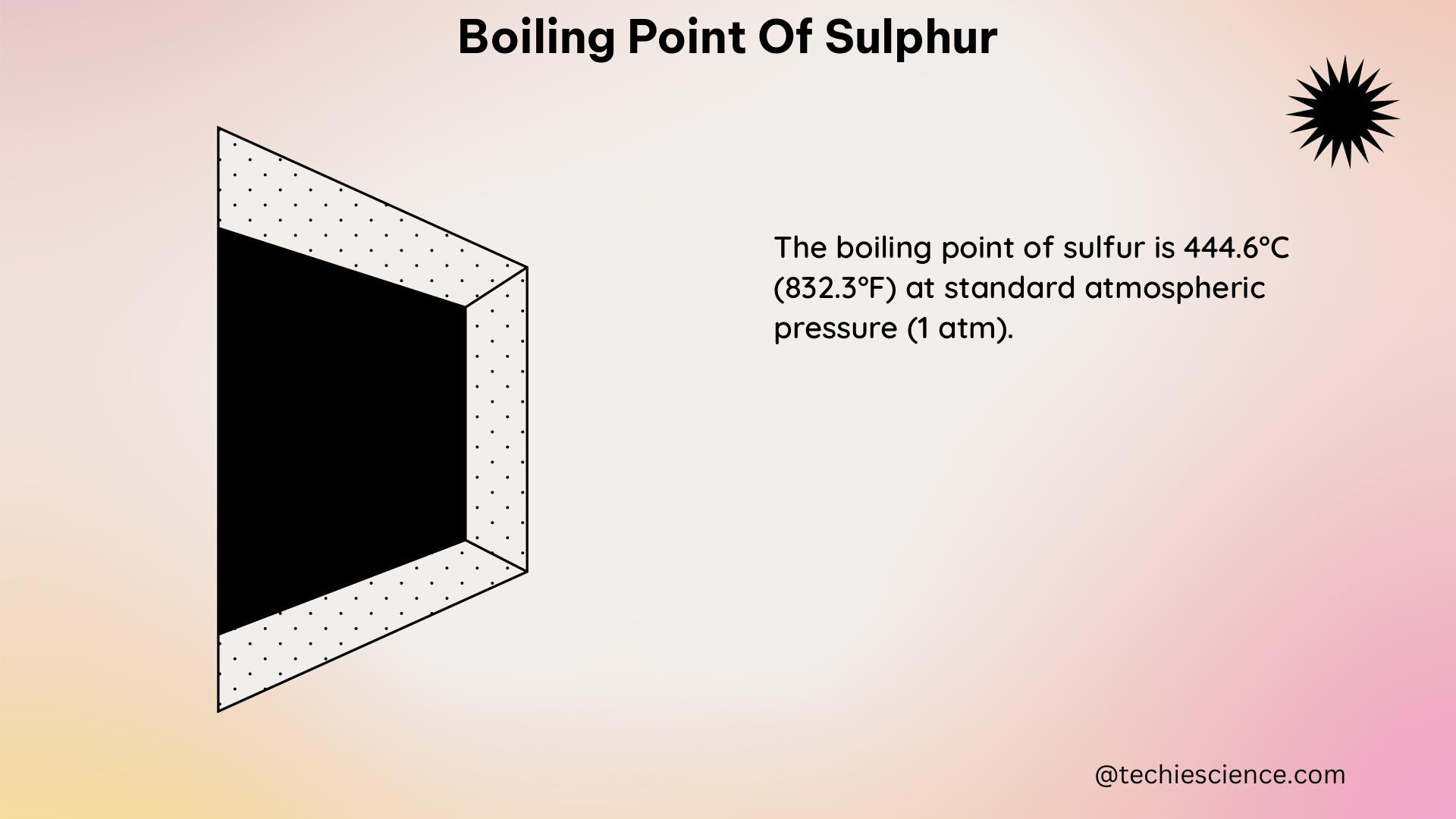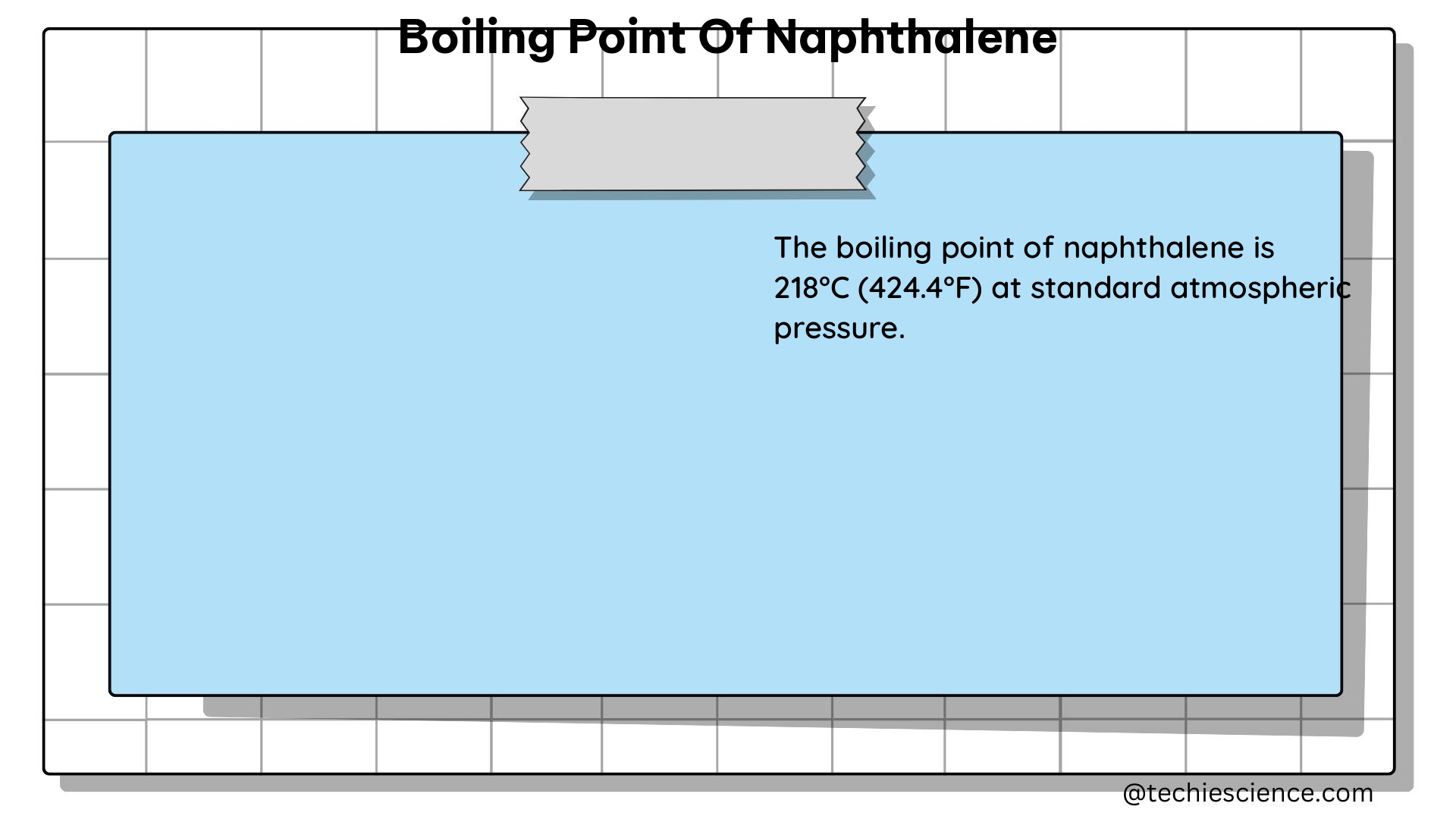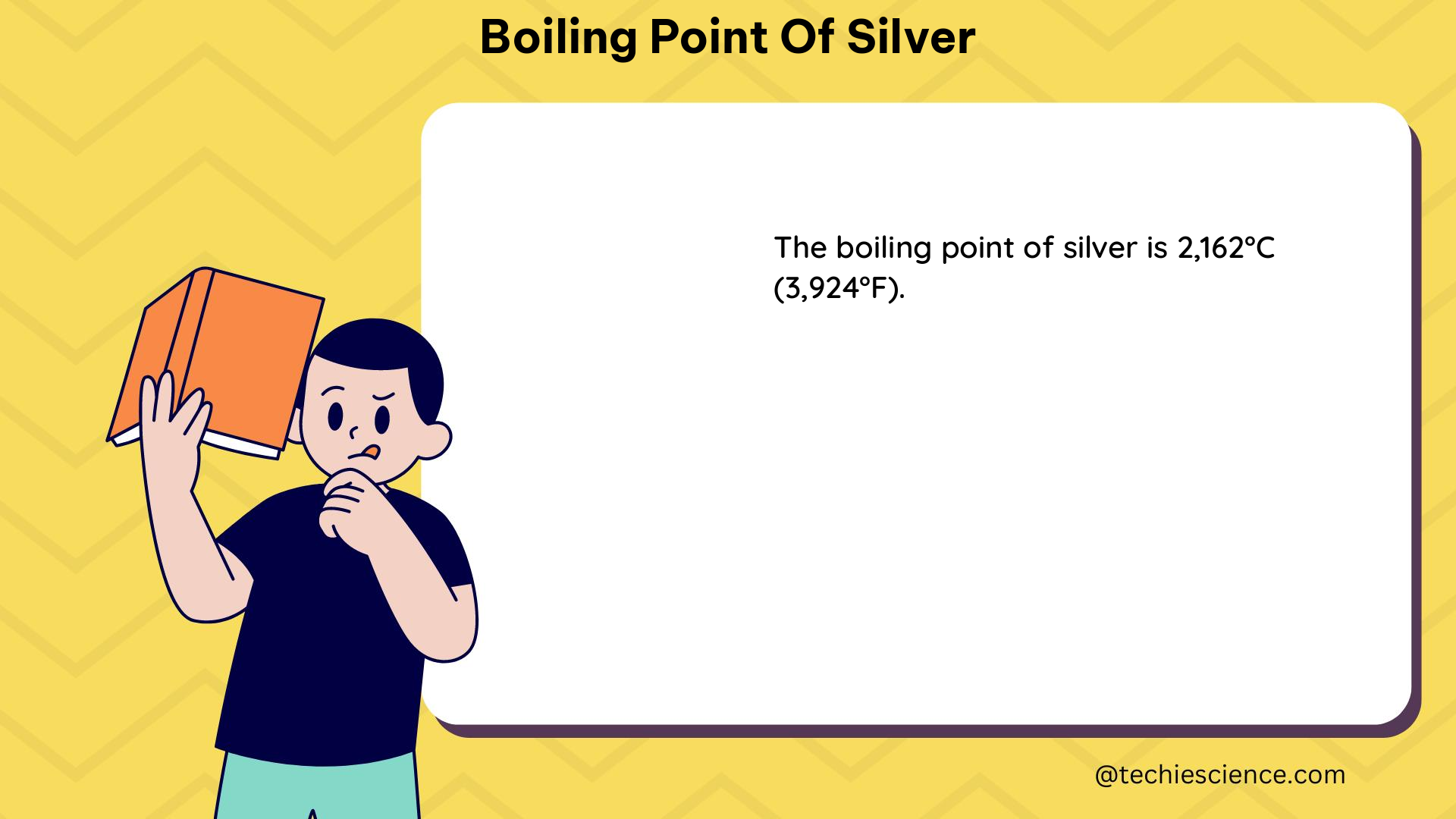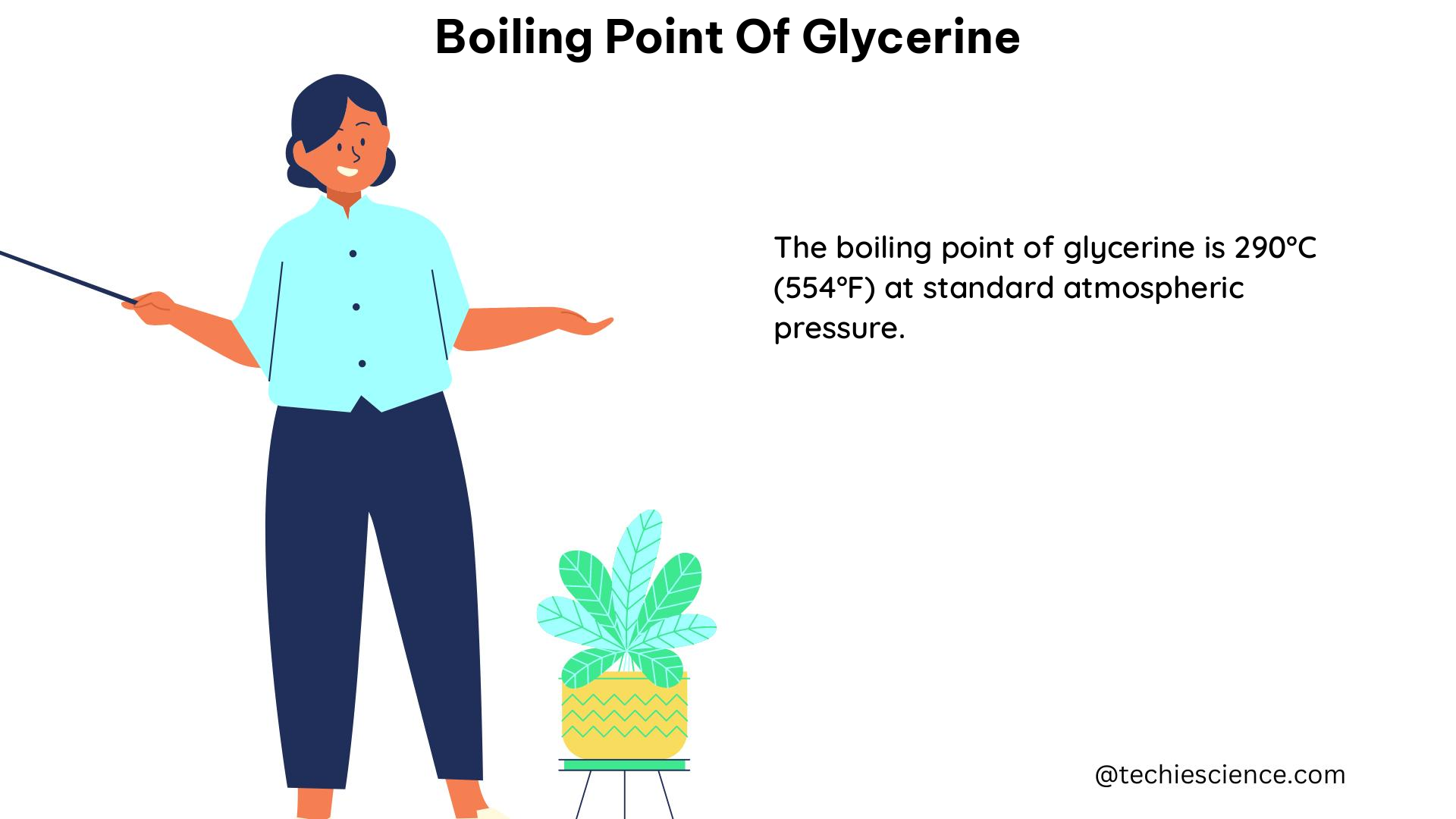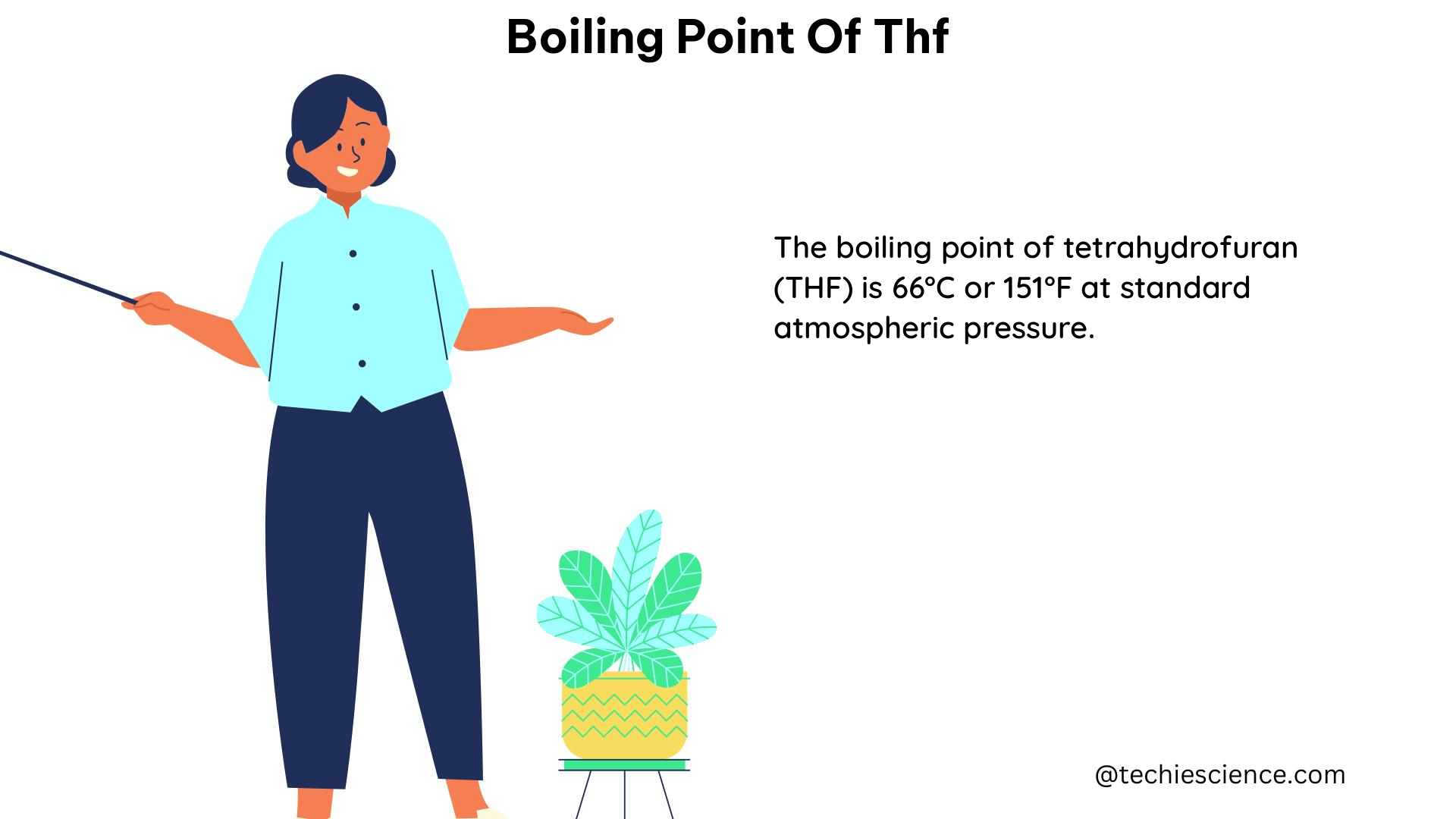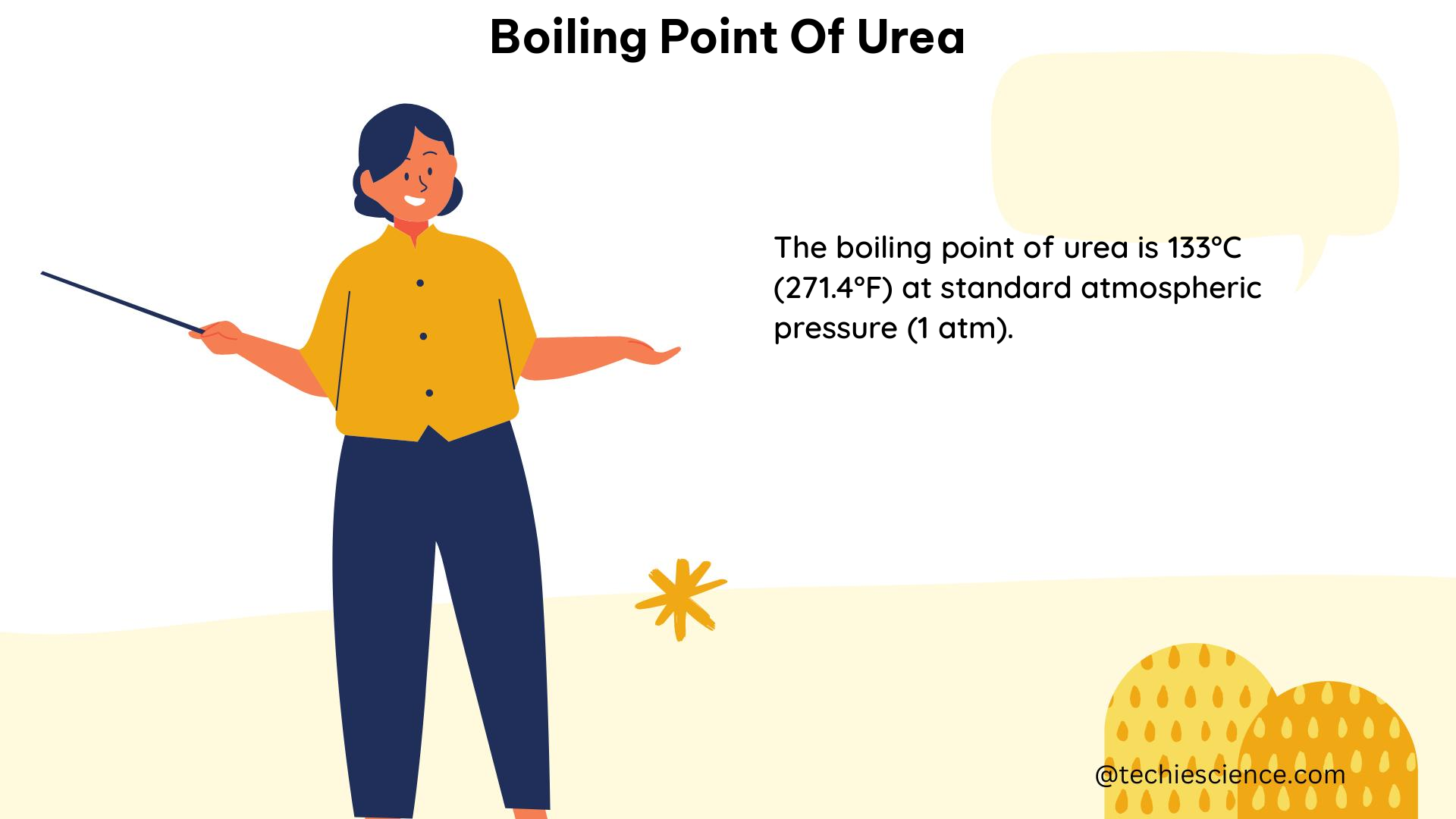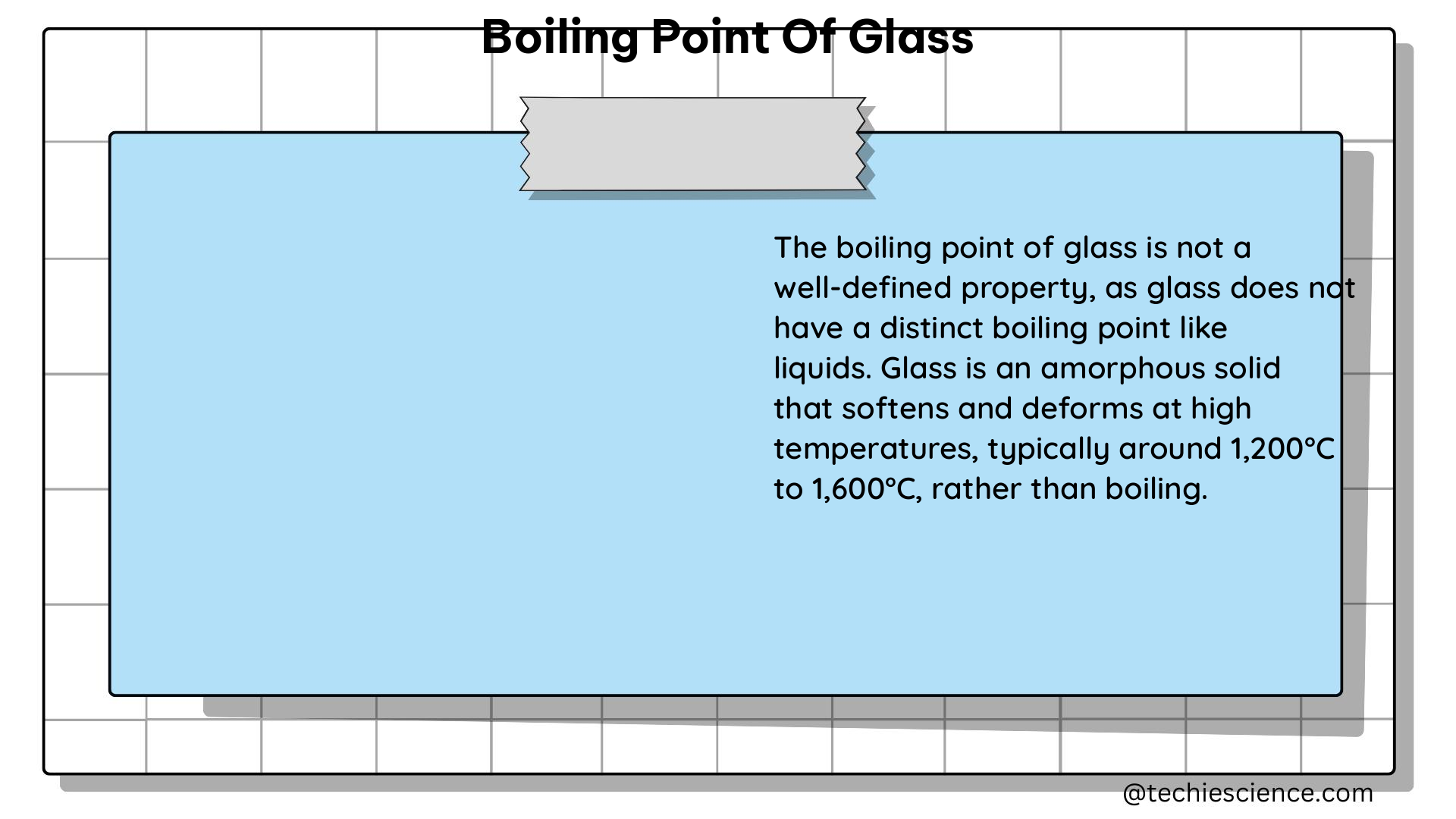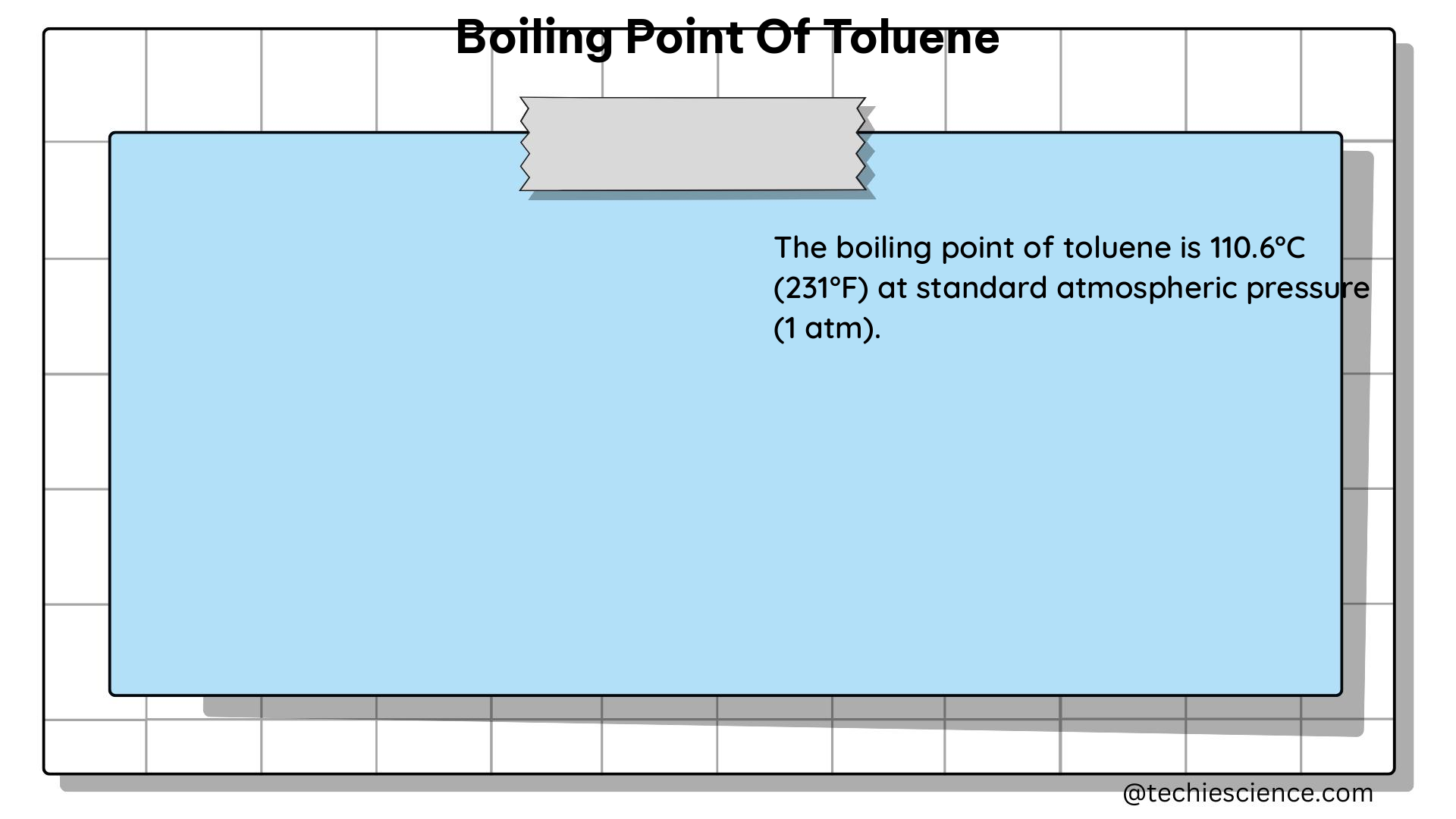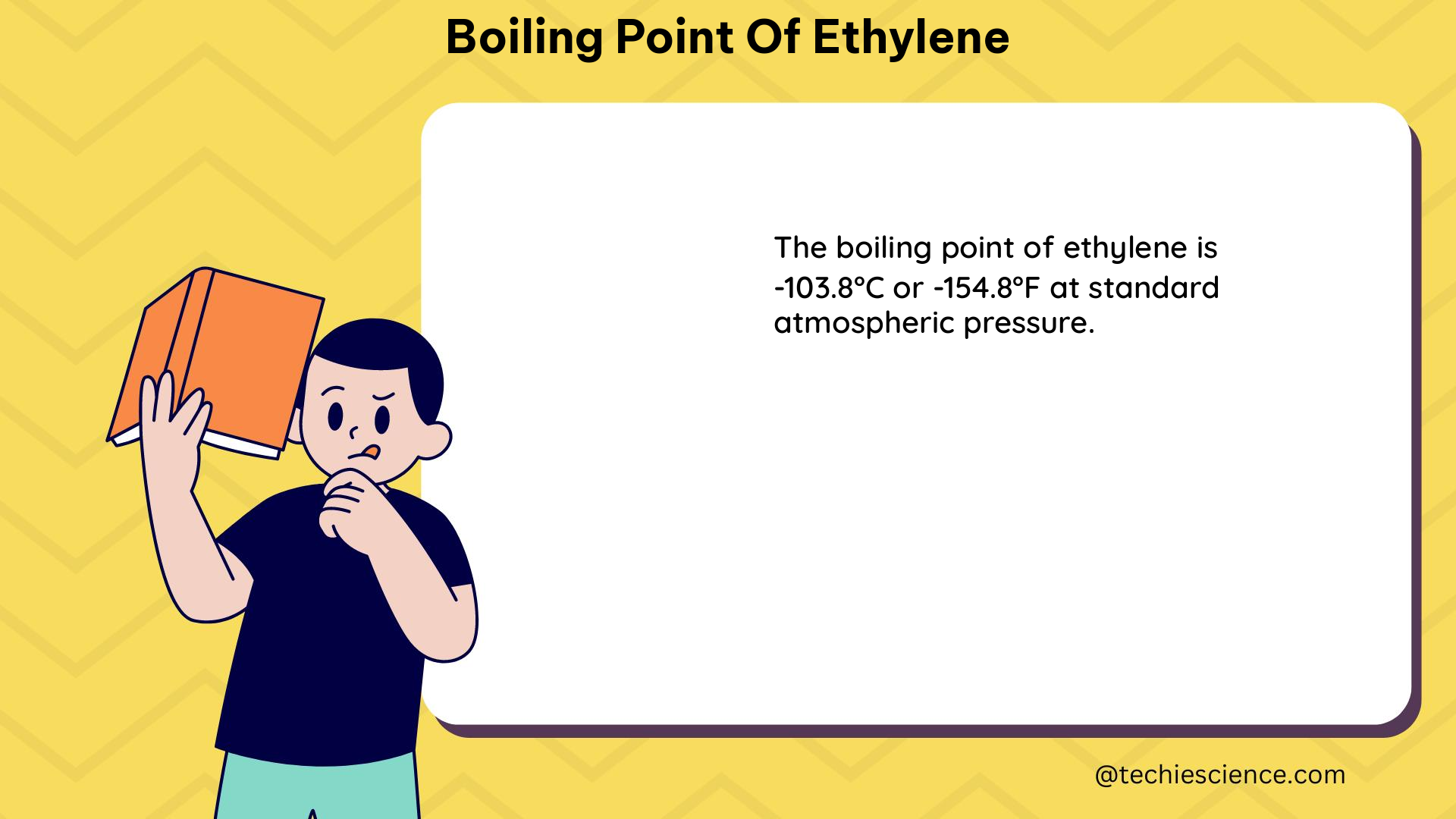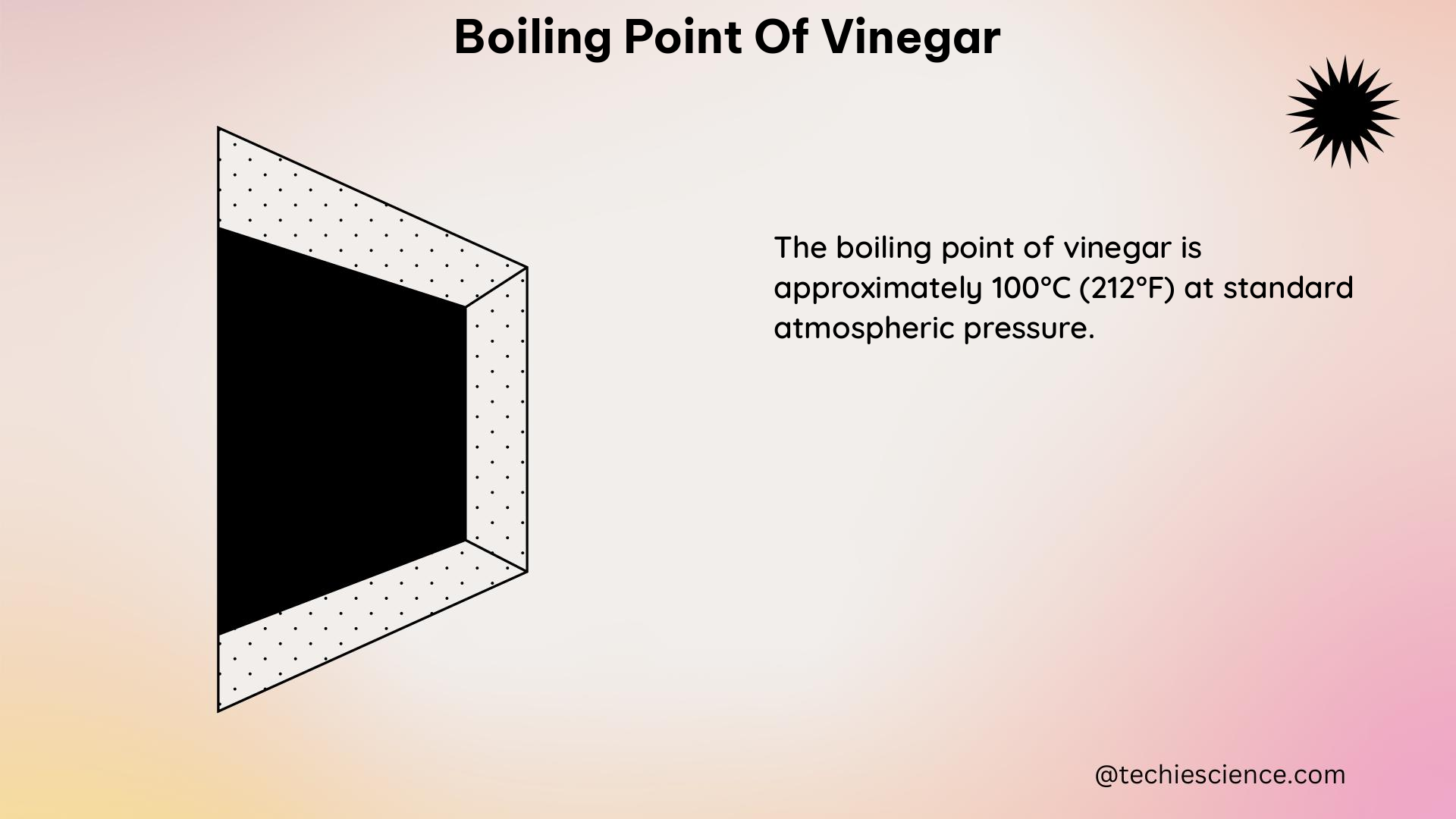The Boiling Point of Sulfur: A Comprehensive Guide
The boiling point of sulfur, a well-studied physical property, is a critical parameter in various industrial applications, such as the production of sulfuric acid and the refining of petroleum products. This comprehensive guide delves into the intricacies of the boiling point of sulfur, providing a wealth of technical details and practical insights for science students … Read more
